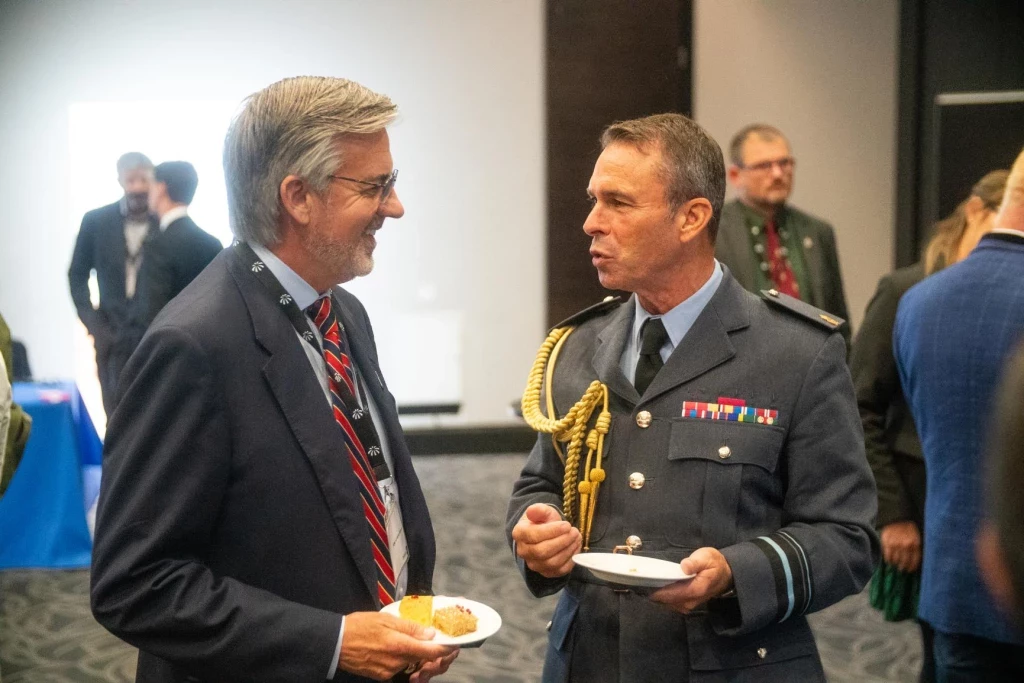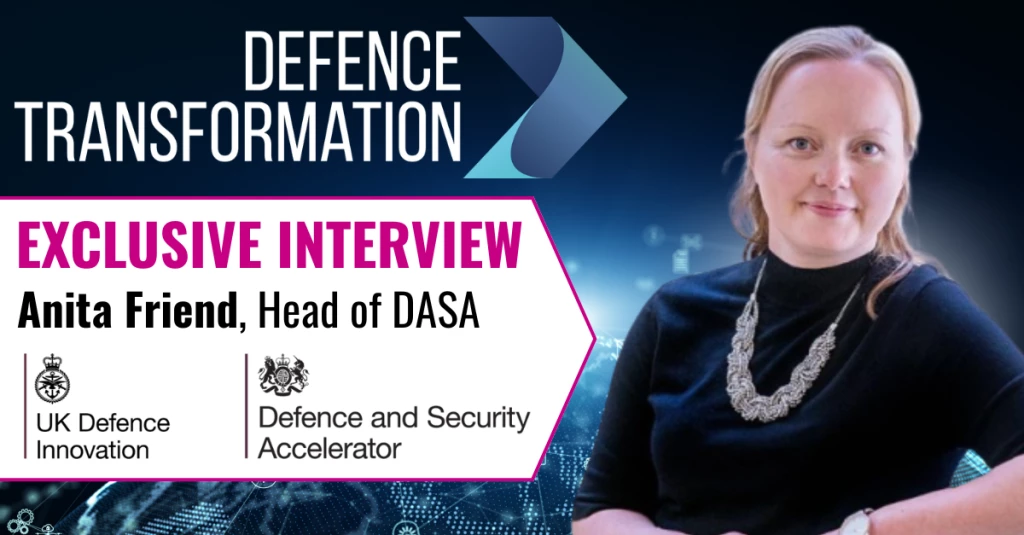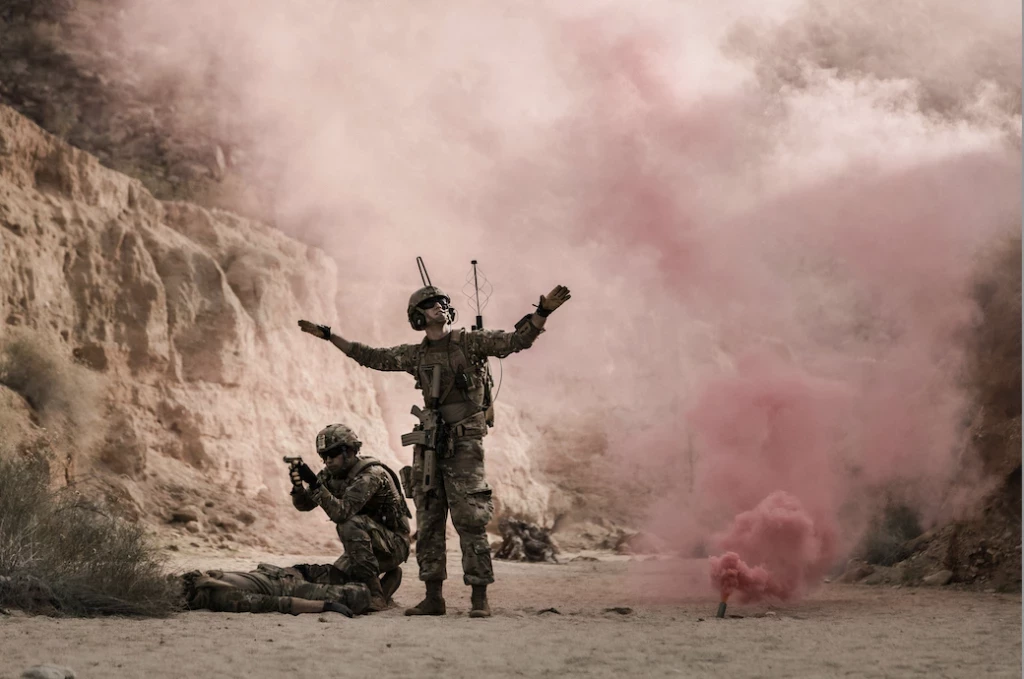Countering violent extremism: The case for active change
Add bookmarkRecently, Defence IQ published a feature on the importance of positive counter-messaging when it comes to combating extremist attitudes online. Further to the issues at hand, we caught up with Hanif Quadir, founder of London-based youth leadership organisation Active Change Foundation, to get his take on the debate at hand…
Hanif, is there a credibility in attempting to craft positive messages if, say, an authority is trying to spread a message within a community?
If our messaging is designed by academics and government then certainly it will be subject to scrutiny and prove futile, indeed counter productive. So it is essential that the messaging originates from within communities, by the communities but where support is needed it should be provided.
Should counter-narrative efforts aim to be more proactive?
As in all situations, we have become far too accustomed with being reactive. This is not only wrong, it actually lends air to sympathisers and can eventually lead to drag. It generates a kind of 'expectation' mentality where the messages will be seen as "as expected again".
Our messaging needs to be constant, relevant, innovative and irrefutable. People need to hear and see facts, and we need to initiate a process where communities can begin to trust and believe in the messages. And our methods of delivery also need to be innovative and effective, which requires different vehicles to carry the message.
Our #NotinMyName campaign was actually a reactive response, but it went viral, universal and indeed shook ISIS. But it lost its wind after a period. We are now working on a similar campaign that will (hopefully) become universal, but will be relevant whenever – or if ever – an incident occurs. #RiseStrong is led by young people but is also a sustainable message to be supported and projected by those who want to say something against or in support of something they believe in or are passionate about.
Are there any common frameworks we can utilise to effectively identify and ‘harden’ vulnerable domestic communities?
Our current experience and in fact evidence shows that communities in general are all vulnerable, so the best option would be to create a virus which can affect those particularly vulnerable within communities. This can only be achieved by investing in our youth and creating 'movements' led by charismatic or let's say infectious individuals. We use our young leaders programme to do exactly this and which is working very effectively.
Hanif Qadir is just one of the speakers at this year’s Countering Violent Extremism conference (June; London, UK – More information and the booking form can be found at the official event website).
[eventpdf]
His latest book, Preventing Extremism & Terrorist recruitment - A Best Practice Guide, is available for pre-order at the John Catt Bookshop.
#CVEevent






















